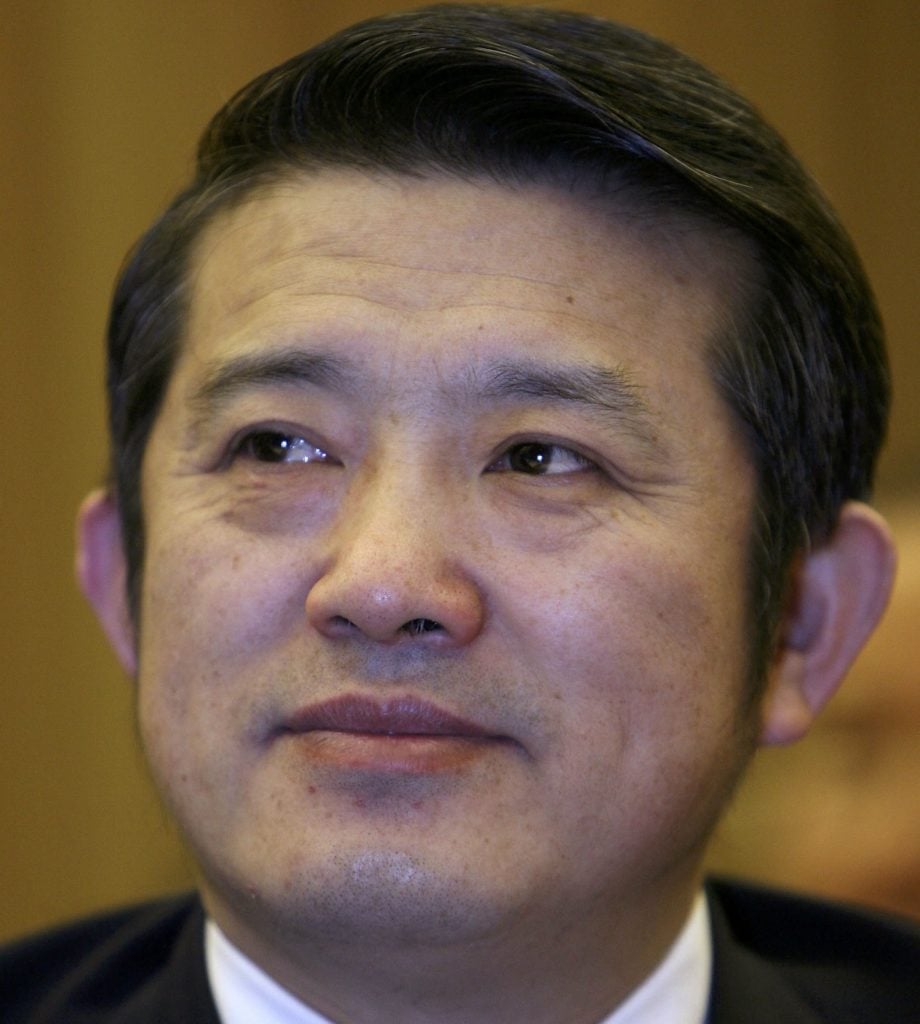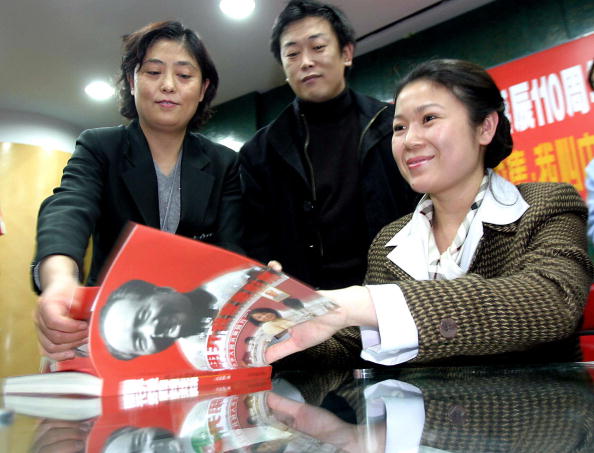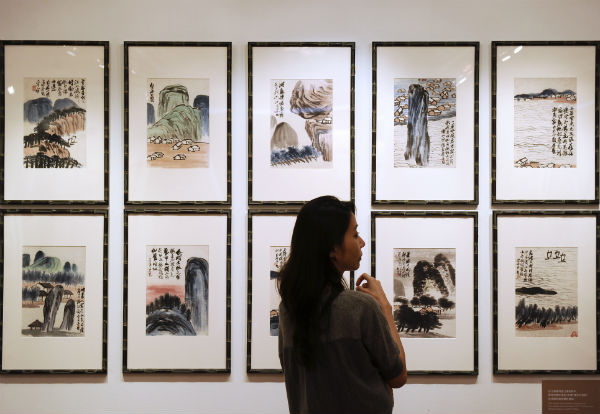Auctions
Chinese Auction House King Named in Panama Papers
The founder of China Guardian is also married to Chairman Mao's granddaughter.

The founder of China Guardian is also married to Chairman Mao's granddaughter.

Ben Davis

The Panama Papers have touched the heights of China’s political and economic elite—which, naturally, also means its art-market elite.
Yesterday, the International Coalition of Investigative Journalists (ICIJ), which is coordinating coverage of the leaks, released a story naming the top Chinese power players operating shell companies. Among those highlighted is Chen Dongsheng, founder of China Guardian, currently the world’s fourth-largest art auction house.
In 2011, Chen used Panama-based firm Mossack Fonseca to set up Keen Best International Limited, registered in the British Virgin Islands. He is the sole director and shareholder of the shell company. Little else is known about what function it has served, even after the leak.
However, the revelations about Chen’s offshore activities carry a particular symbolism. A business icon, Chen founded not just China Guardian, but also China’s fourth-largest insurance company, Taikang Life. He also happens to be married to Kong Dongmei, the granddaughter of Chairman Mao.
Related: What You Need to Know about the Latest Panama Papers Revelations

Granddaughter of the late Chinese revolutionary Mao Zedong, Kong Dongmei (R) signs copies of the new pictorial book on the life of her grandfather, at a bookstore in Beijing 20 December 2003.
Photo: STR/AFP/Getty Images
According to the Telegraph, the marriage of the two was only revealed in 2012, a year after Chen divorced his wife. (Keen Best International Limited was incorporated around the same time.)
In 2013, the duo appeared in 242nd place on a popular list of China’s wealthiest families and individuals, with a fortune of five billion yuan ($815 million), a fact which incensed some readers. In a widely circulated comment, one Chinese official denounced Kong Dongmei: “The offspring of Chairman Mao, who led us to eradicate private ownership, married a capitalist and violated the family planning policy to give birth to three illegal children.”
As for the auction house Chen founded, as of 2013, a Financial Times article said that he remained the largest shareholder, though he has turned over direct management of the business. Driven by a turbo-charged Chinese art market, China Guardian saw considerable growth in the early part of the decade—though it has since hit choppy waters.

On October 6, 2012, a woman inspects artwork by Chinese artist Qi Baishi entitled ‘Landscapes’ during a China Guardian auction preview in Hong Kong.
Photo: DALE de la REY/AFP/GettyImages
In 2012, China Guardian expanded beyond its operations in mainland China, holding its first sales in Hong Kong and competing with Sotheby’s and Christie’s Hong Kong franchises.
According to the ICIJ, Chinese clients accounted for 29 percent of Mossack Fonseca’s business, making it the Panamanian firm’s most lucrative region. Numerous high-ranking Chinese officials and their relatives have been revealed as operating offshore companies in the Panama Papers leak, including a close relative of Chinese president Xi Jinping.
“In all cases there was no suggestion of wrongdoing but revelations that relatives of senior officials might have stashed their wealth away in tax havens are to cause embarrassment to the communist elite,” the International Business Times notes.
Publicly, Xi has made cracking down on corruption a hallmark of his recent policy. Indeed, many observers (including China Guardian president Hu Yanyan) blame the anti-corruption drive for the recent rough patches in the Chinese art market.